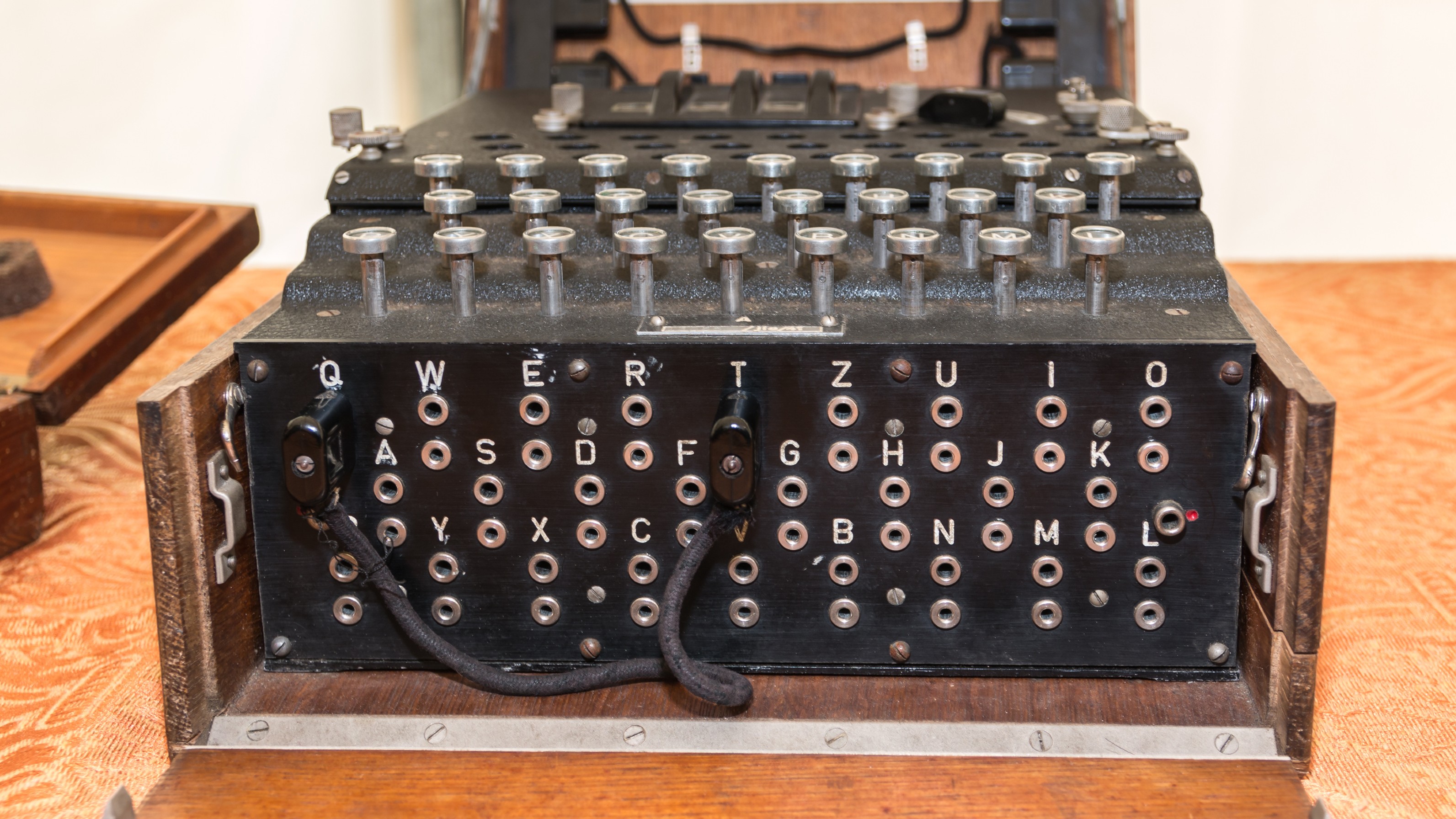ALLISON STANGER: It's really important to realize, whistleblowing is in America's DNA. It has been a concept since before the Constitution itself was ratified. The first whistleblower protection law in the United States was passed in 1778 during wartime. It is used to bring down the first commodore of the United States Navy, Esek Hopkins. Hopkins was a Rhode Islander. He was someone who had been involved in the slave trade, as the Brown Project illustrates quite clearly. And people think that the reason that Hopkins was removed from his post is because he was torturing British prisoners of war -- and he was doing that, as the whistleblowers Marvin and Shaw revealed, but that was just the tip of the iceberg. The real reason he was removed -- and research in digital archives shows to be so -- is that he was defying George Washington who was telling him to engage the British in the Revolutionary War effort in certain positions on behalf of the Congress of the United States, and Hopkins was instead directing his fleet to The Bahamas to serve, effectively, Rhode Island elites who were still very much involved in the slave trade even though slavery was illegal at this time. So I think this is a really interesting example because it shows how important the founders saw fighting corruption right when you first see it.
Whistleblowing is a cousin of civil disobedience. Hannah Arendt thought that civil disobedience was a uniquely American institution, very much connected to Tocqueville's emphasis on the importance of civic associations and the vitality of American democracy. Civil disobedience is different than whistleblowing because civil disobedience is about highlighting unjust laws, and you break the law in order to get public opinion on your side to believe the law is unjust and should be overturned. Whistleblowing is different because it's not about breaking unjust laws. It's about serving the rule of law itself. So whistleblowers expose illegal or improper conduct that is at odds with self-government. So whistleblowing is related to civil disobedience, but they're two distinctive enterprises. You might say that civil disobedience starts with outsiders and slowly gains popular support and that's how change comes about, whereas whistleblowers are insiders who see behavior that they believe is improper and expose it either to the authorities or to the press. And this is a really important way of keeping our elites honest because if we don't have honest elites, you can't have self-government. You can't have liberal democracy.
The first whistleblower protection law actually says you have an obligation to report misconduct when you see it, and this is intimately connected to democracy. And I really believe the Founders were right on that point, and you can see this in a number of examples today where, you know, take the #MeToo movement. That very much started with insiders exposing horrific misconduct. And then slowly you saw through social media that actually -- I think it's some statistic like 40% of women on Facebook came forward with #MeToo, 'this has happened to me as well.' But that started with elites pointing out that this has happened and it's wrong, and that rallied all sorts of other people to say, 'Hey, wait a minute. I might have kept quiet about that. I might have thought that was partially my fault, but you know what? It's not my fault.' And that to me is also an instance of whistleblowing, and these are important if we think that democracy is something that belongs to all the people, not just some of the people.







